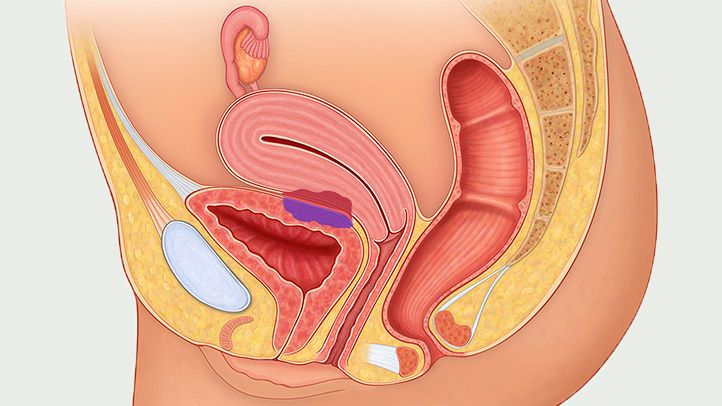
Endometriosis in Dubai affects millions of women and remains a relatively unknown health problem. However, early diagnosis can help women manage the condition and reduce pain. Treatment may involve hormone medicines, including birth control pills. Hormone treatments can stop the menstrual cycle and the hormonal influence on endometriosis. They can also reduce the severity of the disease by halting estrogen production. These drugs can lead to side effects, such as menopause-like symptoms.
During a woman’s regular menstrual cycle, endometrial tissue accumulates and sheds. The implanted tissue looks like endometrial tissue outside the uterus but does not originate. The tissue responds to hormonal changes during the menstrual cycle, resulting in small bleeding in the pelvic area. When endometriosis tissues implant in the ovary, they can cause pain, inflammation, and even scarring. The blood embedded in the ovarian tissue may form an endometrioma.
Severe pain during menstruation:
Symptoms of endometriosis include severe pain during menstruation, painful bowel movements, and excessive bleeding. In rare cases, the disease is caused by a malfunction of the immune system. A malfunction in the immune system can result in the development of endometrial tissue outside the uterus. As a result, endometriosis can cause pain, irregular bowel movements, and abnormal bleeding during the menstrual cycle.
Abdominal pain and lower back pain:
The most common symptoms of endometriosis are abdominal pain and lower back pain. These symptoms often begin before the menstrual period and progress throughout the menstrual cycle. The pain may also be experienced while urinating. Additionally, women may experience intermenstrual bleeding, heavy menstrual cycles, or other signs of endometriosis.
Pelvic pain and pain during intercourse:
The most common endometriosis symptoms are pelvic pain and pain during intercourse. These symptoms can be constant or cyclical and worsen during the menstrual cycle. Other endometriosis symptoms include bowel and bladder pain, abnormal bowel movements, and blood in the urine. Some women may experience painful bowel movements, which can signify endometriosis.
Often, the most common symptom of endometriosis is pain. This is a very unpleasant condition that may require medical attention. Some women with endometriosis will suffer from severe cramps, which is common. Other symptoms may include bleeding during menstruation, nausea, and diarrhea. The pain associated with endometriosis can be so intense that it is hard to distinguish it from a period.

